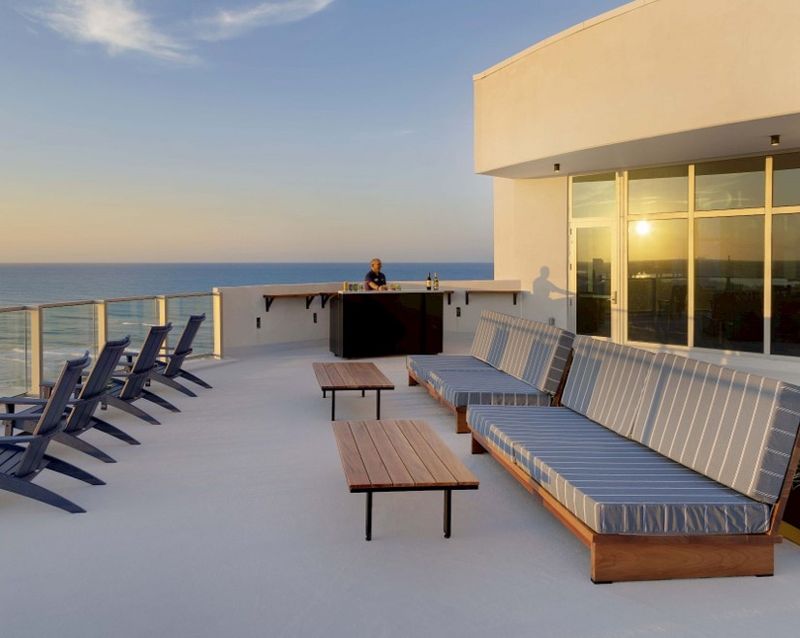THE BENEFITS OF FLAT CONCRETE ROOFS VERSUS WOOD-TRUSSED TILED ROOFS IN FLORIDA by SRI Consultants, Inc.
THE BENEFITS OF FLAT CONCRETE ROOFS
VERSUS WOOD-TRUSSED TILED ROOFS IN FLORIDA
BY: SHIRISH RAJPATHAK, M.S., P.E., S. I. | PRESIDENT AND FOUNDER of SRI Consultants, inc. Specialists in structural engineering, civil engineering.
- Insurance Costs: Homeowner’s insurance in Florida is greatly influenced by the type of roofing system used in a building. Wood-trussed tiled roofs, while aesthetically appealing, are often more expensive to insure due to their vulnerability to the region’s frequent hurricanes. The tiles can become airborne during severe weather, causing damage to the structure and surrounding properties. On the other hand, flat concrete roofs are inherently more robust and resistant to hurricane damage. Their seamless design and sturdy material make them less likely to suffer significant damage during storms, which can lower insurance premiums for homeowners.
- Durability and Repair Costs: Wood-trussed tiled roofs require regular maintenance and are more susceptible to damage from Florida’s extreme weather conditions. The repair costs following a hurricane can be substantial, as replacing tiles and repairing the underlying structure can be labor-intensive and expensive. Conversely, flat concrete roofs are known for their durability and low maintenance requirements. The strength of concrete and the absence of individual tiles that can break away make these roofs less prone to damage and thus less likely to need frequent repairs.
- Fire Resistance: Concrete is a non-combustible material and provides excellent fire resistance, a crucial factor in areas prone to wildfires or in dense urban environments where fires can easily spread from building to building. Trussed tiled roofs, depending on the material of the tiles, may not offer the same level of fire protection.
- Gardening: Flat concrete roofs offer an excellent opportunity for rooftop gardening. This not only enhances the aesthetic appeal of the building but also promotes sustainability and biodiversity.
- Solar Panels: The flat surface of concrete roofs provides an ideal base for the installation of solar panels. This can lead to significant energy savings and reduce dependence on grid electricity, contributing to a more sustainable environment.
- Recreational Activities: The additional outdoor space provided by a flat concrete roof can be used for a variety of recreational activities, from hosting gatherings to creating a rooftop yoga studio or even a rooftop pool. This effectively increases the usable space of the property without expanding its footprint.
- Initial Construction Cost: Concrete roofs can be more expensive to install initially compared to wood-trussed roofs due to the material cost and labor involved. However, the cost can be offset over time through lower maintenance and repair costs.
- Maintenance and Repair Costs: Wood-0trussed roofs typically require more maintenance than concrete roofs, as wood can be susceptible to rot, pests, and weather-related damage. Repairing or replacing damaged components of a wood-trussed roof can add significantly to the lifetime cost of the roof.
- Energy Efficiency: Concrete roofs can provide better insulation than wood-trussed roofs, which can lead to savings on heating and cooling costs over the lifetime of the roof.
- Insurance Costs: As mentioned earlier, concrete roofs can often result in lower insurance premiums due to their durability and resistance to fire and severe weather, which can lead to significant savings over time.
- Lifespan: Concrete roofs generally have a longer lifespan than wood-trussed roofs, meaning the replacement cost is deferred further into the future. This can result in significant savings when considered over the lifespan of the building.
- Resale Value: A concrete roof can increase the resale value of a home due to its durability, low maintenance, and energy efficiency.
To get a precise cost comparison, it would be best to obtain quotes from local contractors who can take into account the specific details of the building and local material and labor costs. This will give a more accurate estimate of the potential savings.
While both flat concrete roofs and trussed tiled roofs have their merits, when considering factors such as insurance costs, durability, repair expenses, fire resistance, and utilization of roof space, flat concrete roofs offer substantial advantages, particularly in the context of Florida’s unique climate and weather conditions. The ability to use the roof for gardening, solar panels, and recreational activities further adds to the appeal of flat concrete roofs. As we continue to confront the challenges of climate change and urban living, the choice of roofing material has implications beyond aesthetics. It is a decision that can significantly impact a building’s resilience, sustainability, and overall cost-effectiveness. The evidence suggests that, for Florida homeowners, flat concrete roofs represent a compelling choice.
For more information, please contact SRI Consultants, Inc. at (561) 372-1290 or via email at office@sriconsultants.net.
PC: Max Beach Resort
Discover more from SFPMA
Subscribe to get the latest posts sent to your email.


